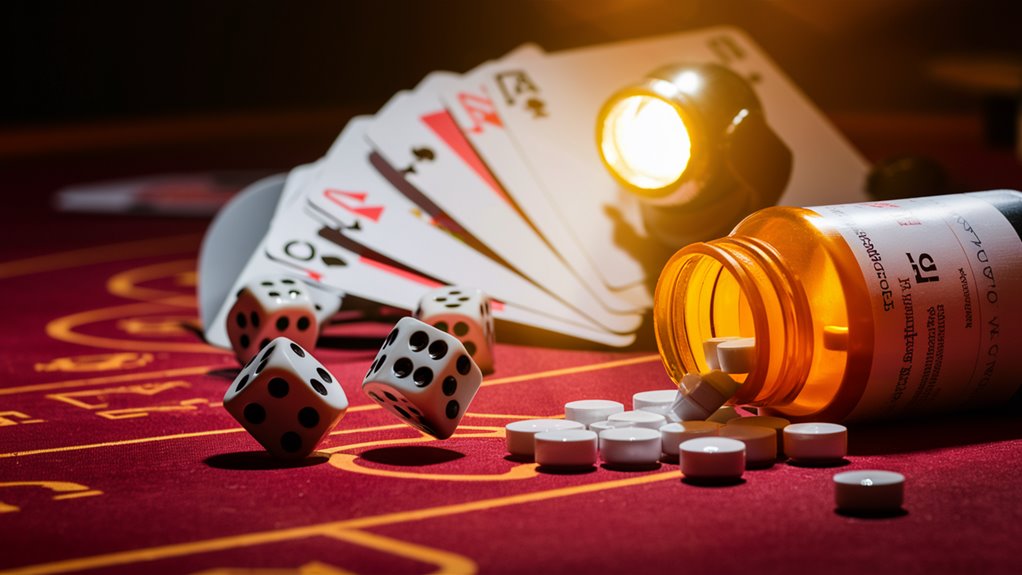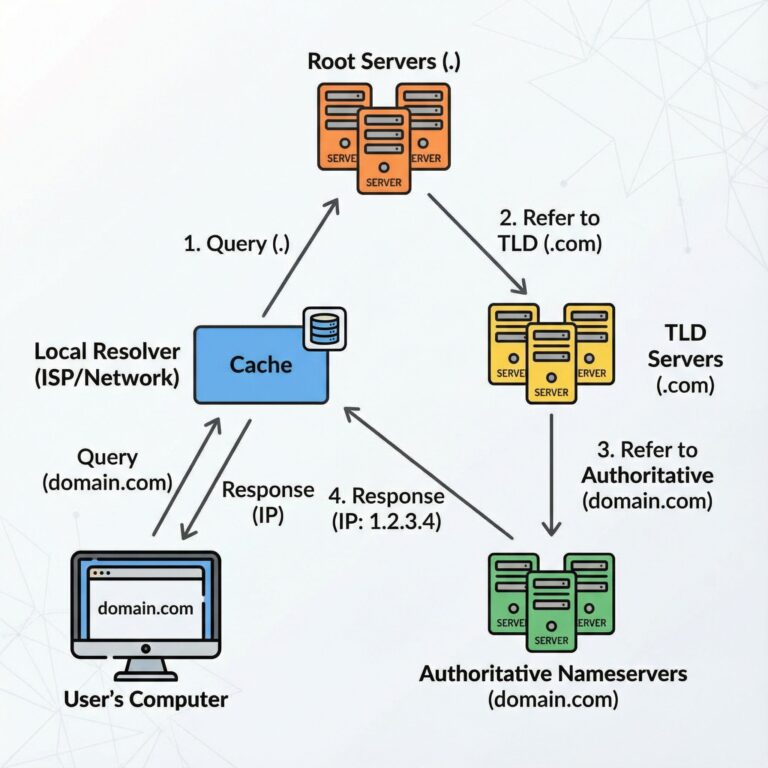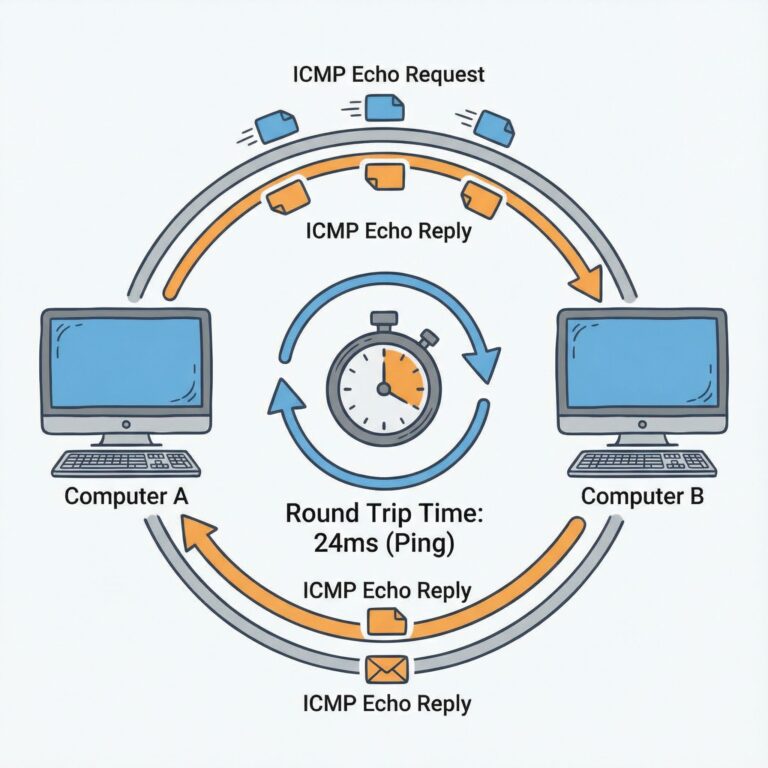
ADHD and Gambling: How Brain Science Links Them

Dopamine’s Role in ADHD and Gambling Problems
Attention Deficit Hyperactivity Disorder (ADHD) and gambling addiction share brain links, mainly in feeling pleasure. The core issue lies in dopamine issues, a brain chemical tied to pleasure, motivation, and choices. 먹튀검증사이트
Brain Routes and Pleasure
- Low dopamine levels
- Less active front brain regions
- Strong reward cravings
- Poor action control
Impacts on Gambling
ADHD alters brain function, affecting gambling behavior:
Chasing Rewards
- More loss chasing
- Longer play times
- Difficulty stopping
- Increased risk taking
Decision Making
- Fast bets
- Reduced risk concern
- Control issues
- Focus on rewards
Meaning for Treatment
- Targeted treatments
- Specialized therapy
- Comprehensive support plans
- Integrated behavioral support
This complex combination demands unique support schemes that address both concerns simultaneously for optimal outcomes.
Deep Into ADHD Brain Chemistry
Complete Guide on ADHD Brain Activity
Brain Chemicals and ADHD
Variations in brain structure crucially influence Attention Deficit Hyperactivity Disorder (ADHD). Key brain chemicals like dopamine and norepinephrine adjust our thinking and behavior.
Dopamine pathways are more active in ADHD brains, leading to less chemical at crucial brain connections. This results in reduced pleasure sensations and more attention issues.
Key Front Brain Area
- Poor impulse control
- Tougher decision-making
- Memory problems
- Task focus issues
Chemicals and Actions
- Reward chasing
- Preference for high-energy activities
- Frequent focus shifts
- Immediate reactions to immediate rewards
Changes in the norepinephrine system affect alertness and focus stability. So, a complex interplay of brain factors dictates ADHD manifestations.
Risks and Signs to Watch For
ADHD and Gambling: Risks and Signs

Brain Chemistry Risks and Gambling Draw
Brain chemistry issues in ADHD create certain risks that enhance the gambling allure.
People with ADHD often exhibit risk-taking, impulsive actions, and difficulty managing behaviors – all linked to gambling problems.
Main Risks
- Inattentive decision-making during crucial choices
- Poor control in betting situations
- Emotional swings in winning and losing
Signs and Patterns
- Bigger risks to recover losses than most gamblers
- Investing more time despite negative outcomes
- Unable to quit gambling willingly
- Neglecting work and personal duties
- Lying about gambling activities
- Gambling to escape boredom or distress
ADHD’s Intense Focus
- Duration of gambling
- Frequency of bets
- Ignoring external interruptions
- Deep engagement in gambling-related activities
Identifying these risks and signs early is crucial for preventing gambling problems in individuals with ADHD. Marshflare Poker
The Dopamine Connection
Exploring ADHD-Gambling Links Via Dopamine
The Brain Connection
Dopamine management issues are fundamental in both ADHD and gambling addiction.
Research highlights significant dysfunctions in the brain’s joy and pleasure pathways, which depend on dopamine transmission.
While those with ADHD usually have a low dopamine baseline, gambling triggers sudden dopamine surges in the brain.
How the Link Presents Itself
The link between ADHD and gambling behavior is evident through specific brain pathways.
- Anticipation of potential wins
- Excitement of near-wins
- Pleasure of actual wins



